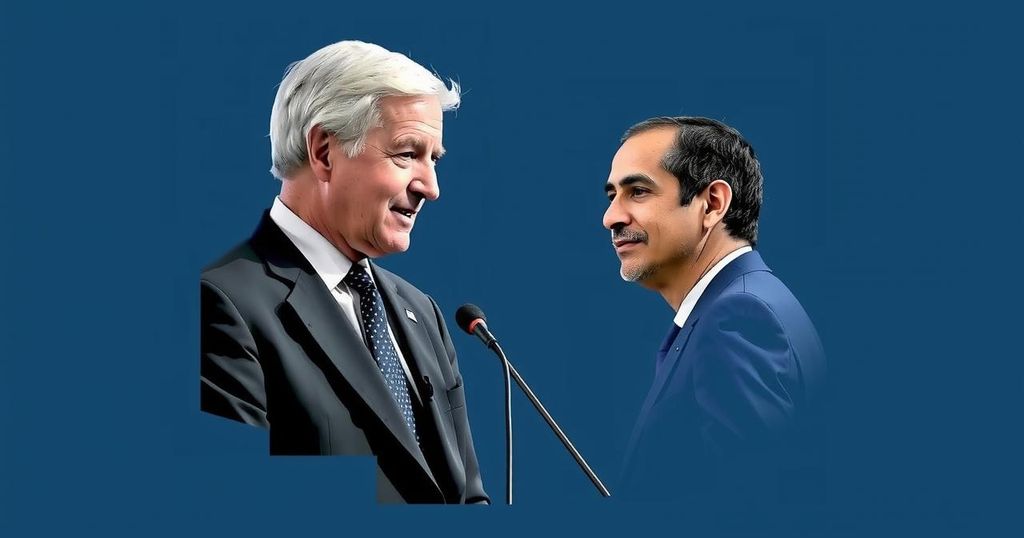With the U.S. presidential election approaching, Secretary of State Antony J. Blinken’s diplomatic initiatives in the Middle East face significant obstacles. Israeli military operations continue in Gaza and beyond, prompting widespread discontent among progressive and Arab voters. The administration seeks stability after the killing of Hamas leader Yahya Sinwar, but substantive negotiations with Israel and Hamas remain limited as the election looms.
As the United States approaches its presidential election, the Biden administration faces escalating challenges related to conflicts in the Middle East. Secretary of State Antony J. Blinken engaged in discussions with Israeli Prime Minister Benjamin Netanyahu in the hopes of establishing a U.S.-supported initiative for ceasing hostilities in Gaza; however, tangible advancements remain elusive. The backdrop of these discussions is characterized by ongoing Israeli military actions, utilizing American-sourced munitions, which have led to devastating casualties among Palestinian civilians. The conflict has further proliferated to Lebanon, while tensions with Iran intensify due to direct military confrontations following airstrikes on Iranian positions by Israel. Public sentiment among key demographics, including progressive voters and Arab and Muslim Americans, is increasingly discontent with President Biden’s steadfast endorsement of Israel’s military endeavors since the Hamas offensive that commenced last year. To redirect this narrative and promote stability in the region, U.S. officials have sought mechanisms to foster dialogue. The assassination of Hamas leader Yahya Sinwar on October 16 was perceived as an opportunity by Biden’s advisors to negotiate peace amidst the ongoing conflicts, particularly in Gaza, which has resulted in significant Palestinian loss of life. With less than three weeks remaining before the election, Mr. Biden expressed urgency by dispatching Secretary Blinken to the region for the eleventh time during wartime. The trip, described as improvised, lacked a defined agenda and included the last-minute cancellation of a stop in Jordan, focusing instead on engagements in Saudi Arabia, Qatar, and an unexpected visit to London. In Doha, Secretary Blinken revealed intentions for U.S. and Israeli officials to return to Qatar in an effort to resume talks regarding hostages and the establishment of a cease-fire with Hamas.
The current geopolitical climate in the Middle East, particularly regarding the Israeli-Palestinian conflict, is exceedingly complex. Following the resurgence of hostilities after the Hamas attack on Israel, a series of military actions have been undertaken by Israel in Gaza, leading to substantial humanitarian repercussions. Concurrently, Israel’s military operations have grown beyond Gaza into Lebanon, complicating the regional landscape. This situation has not only generated international concern but also a deep discontent within specific voter segments in the U.S., particularly among communities traditionally aligned with Palestinian rights. Mr. Biden’s administration is confronted with the task of balancing support for Israel’s right to defend itself with the growing calls for humanitarian interventions and resolutions to the ongoing conflicts.
In summary, the Biden administration is grappling with the ramifications of its foreign policy in the Middle East as the U.S. presidential election nears, compelled to confront both the continuing violence in Gaza and Lebanon and the mounting domestic pressure from progressive factions. Secretary Antony J. Blinken’s recent diplomatic efforts underscore the urgency of achieving stability and peace in the region, yet significant hurdles remain, reflective of a broader challenge for the administration amid evolving voter sentiment and geopolitical dynamics.
Original Source: www.nytimes.com






